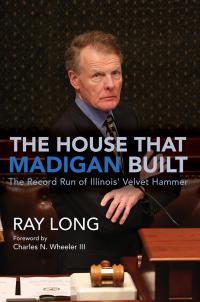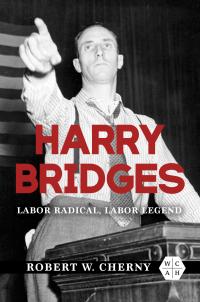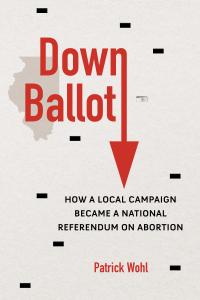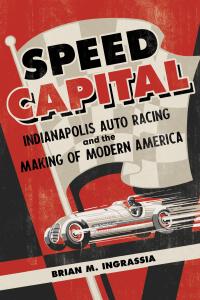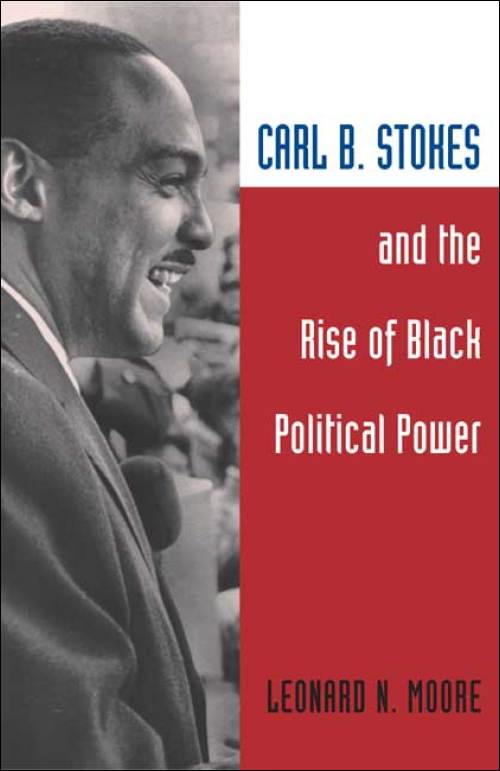
Carl B. Stokes and the Rise of Black Political Power
About the Book
As the first elected black mayor of a major U.S. city, Cleveland's Carl B. Stokes embodied the transformation of the civil rights movement from a vehicle of protest to one of black political power. In this wide-ranging political biography, Leonard N. Moore examines the convictions and alliances that brought Stokes to power. Impelled by the problems plaguing Cleveland's ghettos in the decades following World War II, Stokes and other Clevelanders questioned how the sit-ins and marches of the civil rights movement could correct the exclusionary zoning practices, police brutality, substandard housing, and de facto school segregation that African Americans in the country's northern urban centers viewed as evidence of their oppression.As civil unrest in the country's ghettos turned to violence in the 1960s, Cleveland was one of the first cities to heed the call of Malcolm X's infamous "The Ballot or the Bullet" speech. Understanding the importance of controlling the city's political system, Cleveland's blacks utilized their substantial voting base to put Stokes in office in 1967.
Stokes was committed to showing the country that an African American could be an effective political leader. He employed an ambitious and radically progressive agenda to clean up Cleveland's ghettos, reform law enforcement, move public housing to middle-class neighborhoods, and jump-start black economic power. Hindered by resistance from the black middle class and the Cleveland City Council, spurned by the media and fellow politicians who deemed him a black nationalist, and unable to prove that black leadership could thwart black unrest, Stokes finished his four years in office with many of his legislative goals unfulfilled.Focusing on Stokes and Cleveland, but attending to themes that affected many urban centers after the second great migration of African Americans to the North, Moore balances Stokes's failures and successes to provide a thorough and engaging portrait of his life and his pioneering contributions to a distinct African American political culture that continues to shape American life.
Reviews
"The first book-length scholarly analysis of Stokes. . . .Moore examines in lively detail key moments of confrontation over urban renewal, public housing, the police, and civil unrest . . . .Moore has successfully re-created the key events that influenced Stokes's tenure and symbolized for the nation a new form of 'black power.'"--Choice"Deftly mixing biography with local urban history, Moore details Stokes's struggle as a civil rights veteran to transform Northern black protest into urban black political power that made a difference in the lives of the frustrated black middle class and the disenfranchised lower classes. . . . A powerful portrait of the history and politics of rust belt cities. . . . Highly recommended." -- Library Journal
"Leonard Moore does a wonderful job of outlining the expectations and disappointments associated with African American leadership. ... Moore's book is a must read for all those interested in understanding the life and legacy of America's first modern African American mayor." --Ohio History
"In the last decade, American historians have started wrestling in earnest with the difficult topic of black power. Leonard N. Moore makes an important contribution in this much-needed examination of the political career of Carl B. Stokes, the first black mayor of a major American city, and what it can tell us about the rise of black political power in the late 1960s and 1970s." --American Historical Review
"…Carl B. Stokes and the Rise of Black Political Power is a welcome and highly recommended addition to academic Black Studies and Political Science reference collections and reading lists."-- The Midwest Book Review
"Moore weaves a compelling, demonstrative, and cogent story of good intentions and the limits of power…Students of urban politics and history will find Moore's well-documented book a valuable addition…"-- Political Science Quarterly

